The Indian Premier League (IPL) is one of the most exciting cricket events in the world. However, some people believe that some matches might be fixed and is IPL scripted for more excitement and money.
In this blog post, we will examine the evidence and arguments surrounding the topic, shedding light on the complex interplay between sports, entertainment, and financial interests in the world’s premier T20 league.
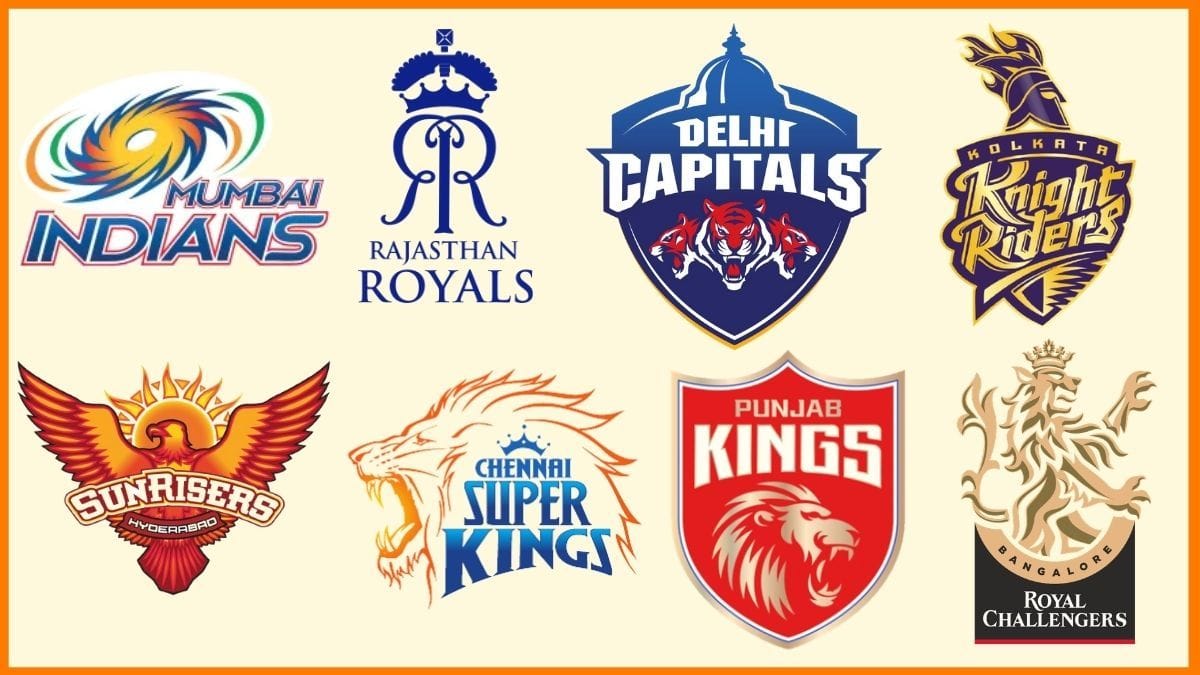
Understanding the IPL
The IPL, a melting pot of cricketing talent, has revolutionized the sport. Its innovative format, big-money auctions, and global reach have skyrocketed the game’s popularity while providing a platform for emerging stars. Yet, the immense lure of money and fame has also raised concerns about the sport’s sanctity.
Allegations of Scripting: A Tangled Web
Match-fixing allegations have long plagued cricket, with notable incidents like the 2000 match-fixing scandal involving South African captain Hansie Cronje, who was found guilty of fixing matches and was subsequently banned for life.
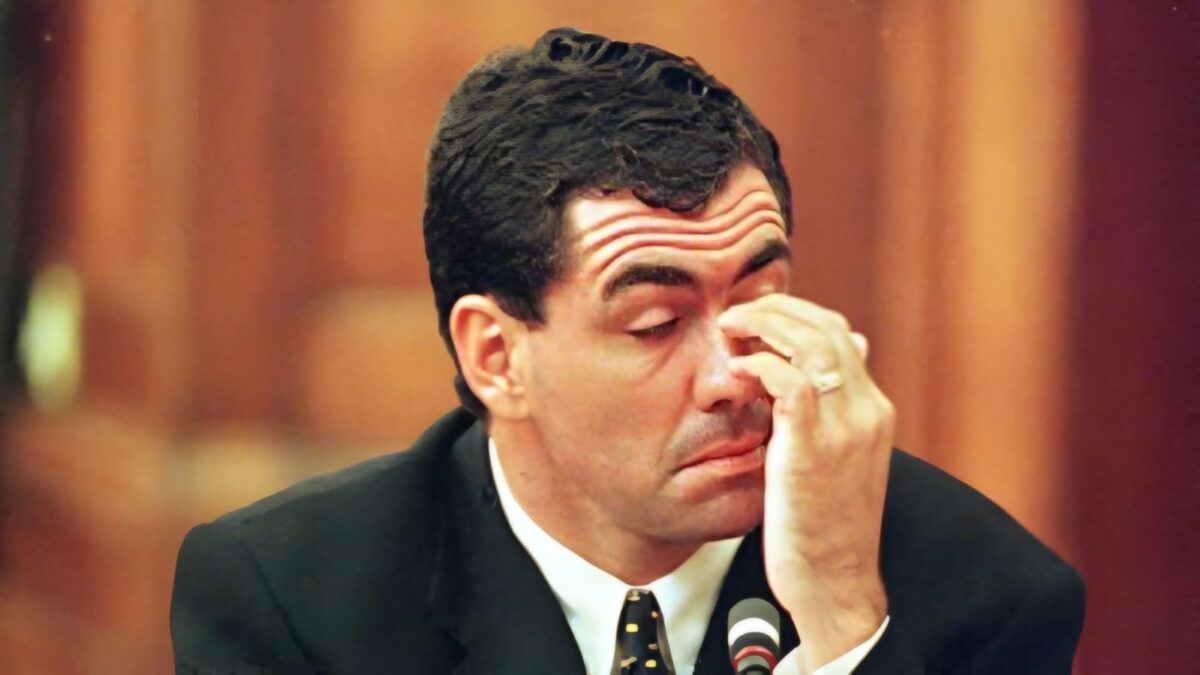
In 2010 Pakistan cricket spot-fixing scandal shook the sport’s foundations when three Pakistan players – team captain Salman Butt, and the fast bowlers Mohammad Asif and Mohammad Amir were banned by ICC for terms of between 5 and 10 years.
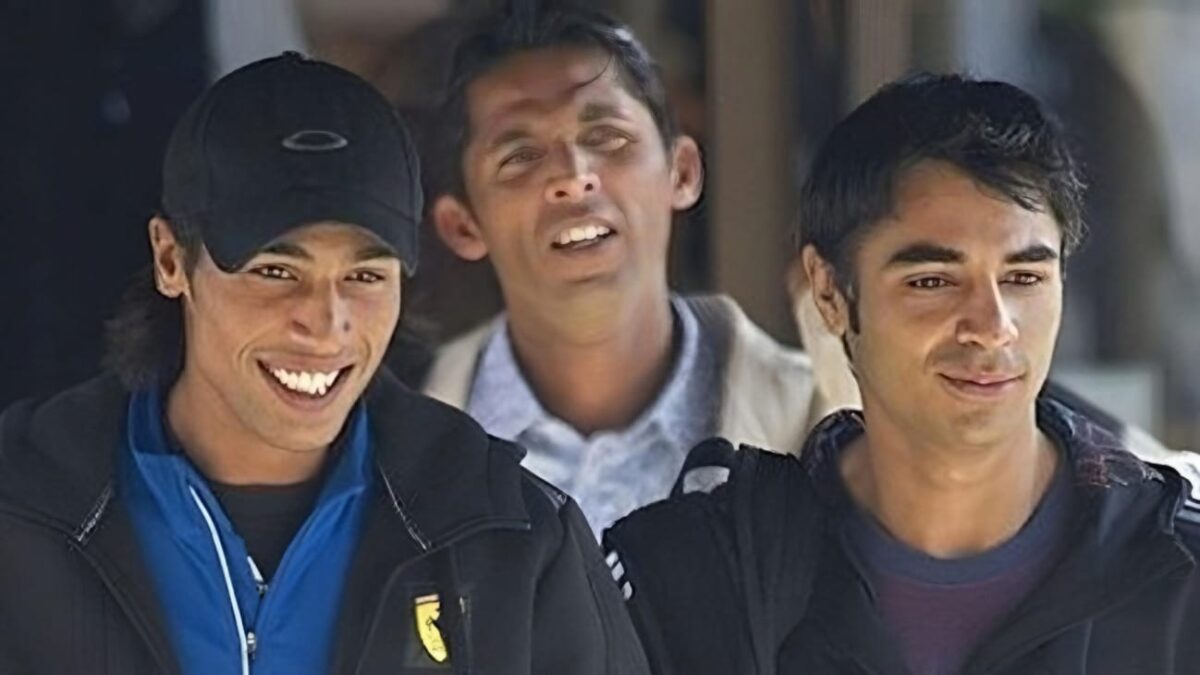
The 2013 IPL spot-fixing scandal led to the arrest of three Rajasthan Royals players, Sreesanth, Ajit Chandila, and Ankeet Chavan, for allegedly taking money to concede a predetermined number of runs in an over.
These cases highlight the vulnerability of the sport to corruption and have fueled ongoing suspicions of scripting in the IPL.
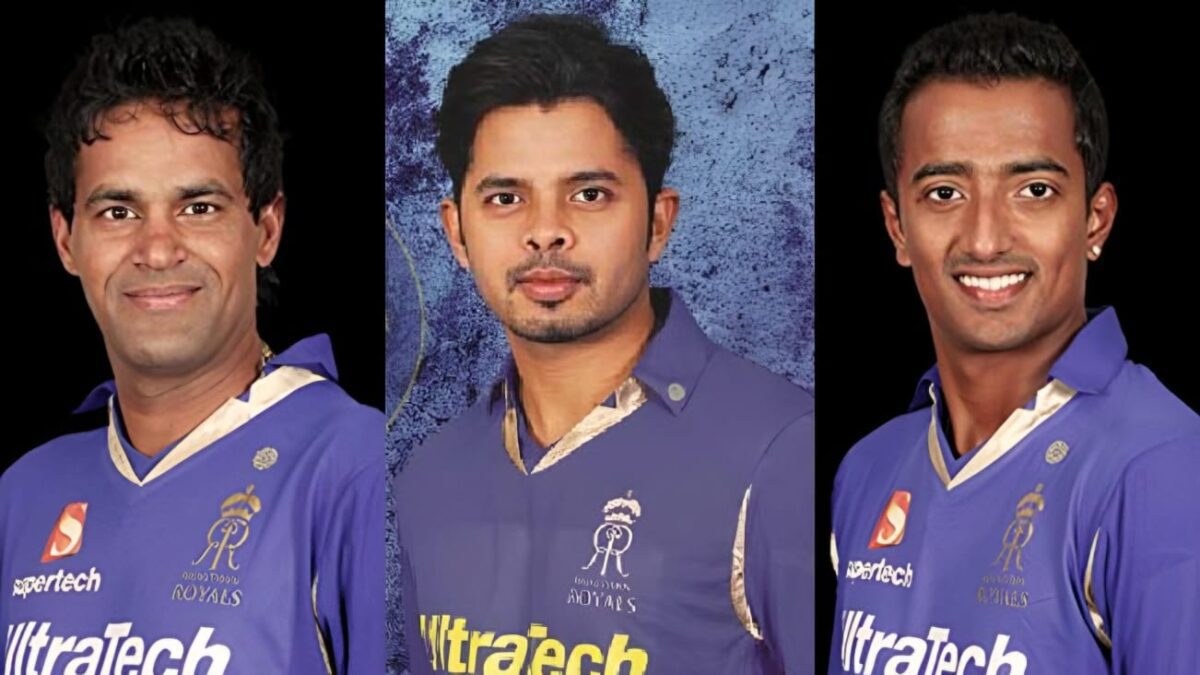
If you want to know more about how 2013 IPL spot-fixing exposed Sreesanth and Rajasthan Royals, here is the YouTube video.
Interested in hearing the latest episode of “Baatcheet with Asari” featuring Harsh Tripathi? Tune in to their discussion on “Is the IPL Scripted?” available now on Apple Podcasts.
IPL 2013 Spot Fixing and Aftermath
The Scandal:
- In 2013, the IPL was rocked by spot-fixing allegations, where certain players agreed to bowl or bat in a pre-determined way for betting purposes.
- Three Rajasthan Royals cricketers – Sreesanth, Chandila, and Chavan – were arrested.
The Mudgal Committee:
- The BCCI formed a committee led by Justice Mukul Mudgal to investigate the scandal.
The Lodha Committee:
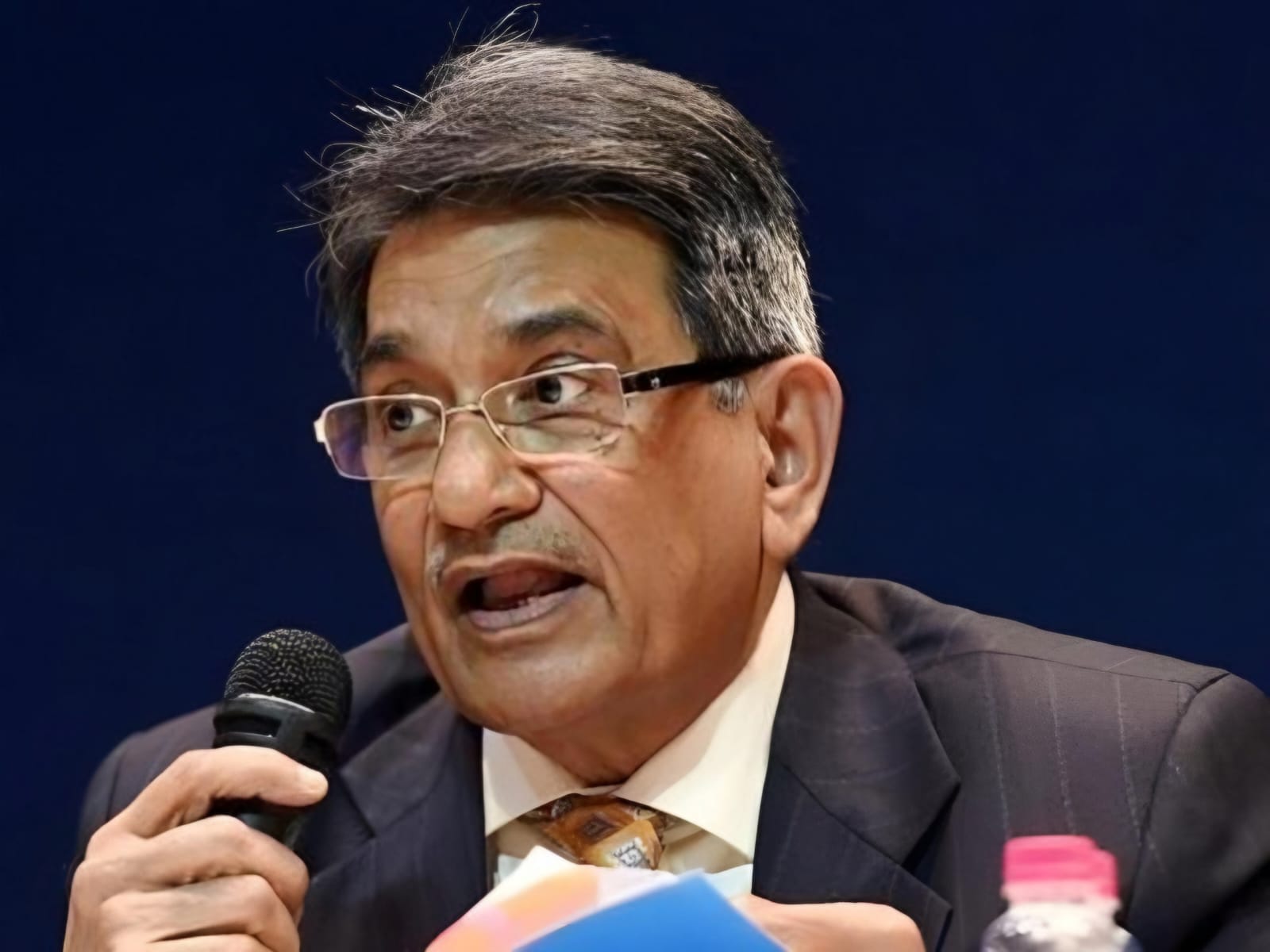
Following the Mudgal Committee report, the Supreme Court of India appointed a new committee led by former Chief Justice R.M. Lodha in 2015.
- The Lodha Committee’s tasks were:
- Analyze and suggest improvements for the BCCI’s functioning.
- Recommend punishment for Gurunath Meiyappan (CSK owner’s son-in-law) and Raj Kundra (Rajasthan Royals co-owner) for their alleged betting activities.
- Investigate the role of Sundar Raman, then IPL chief.
The Outcome:
- The Lodha Committee recommended a two-year suspension for Chennai Super Kings and Rajasthan Royals due to Meiyappan and Kundra’s actions.
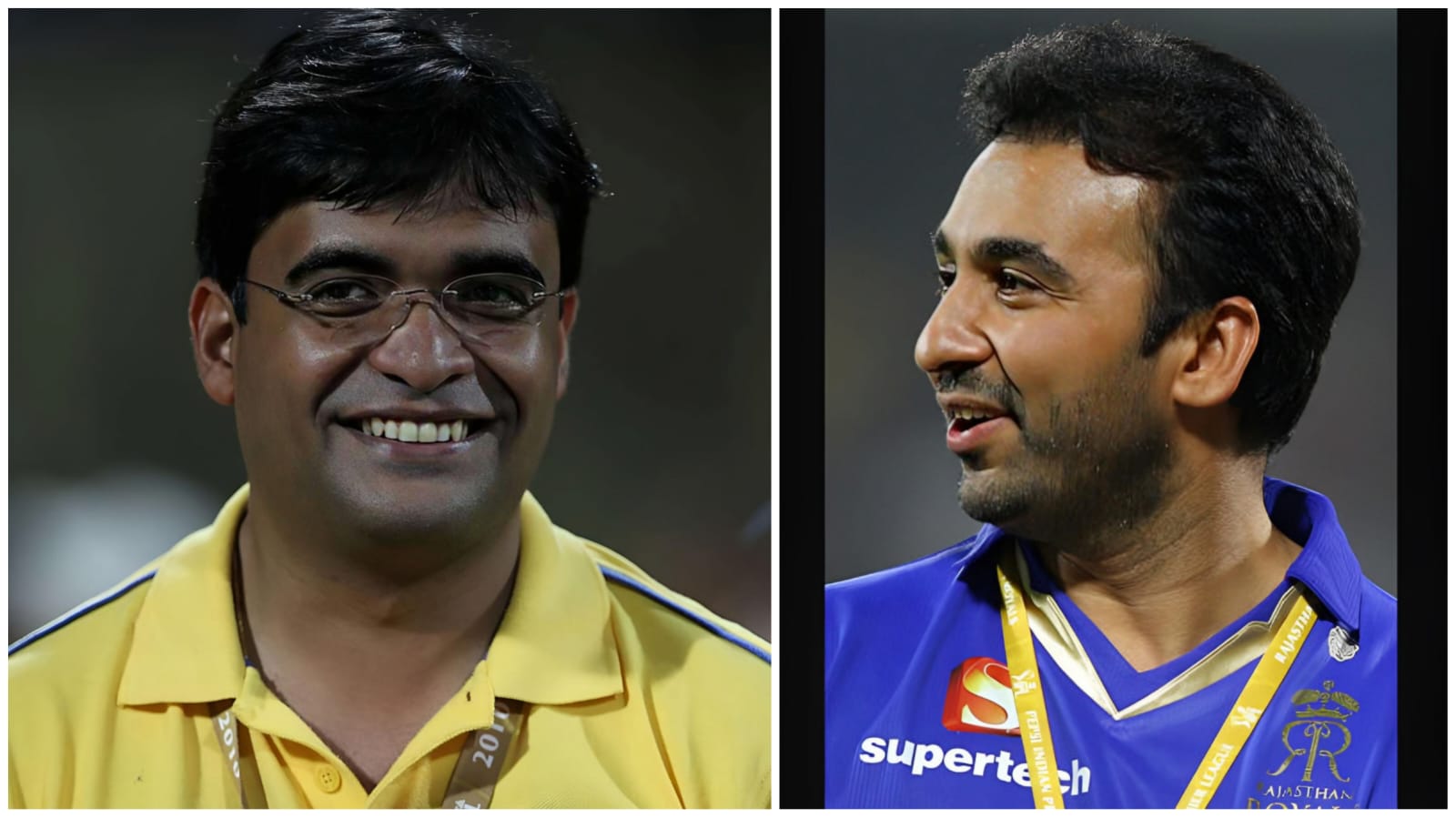
- It also suggested wide-ranging reforms for the BCCI, which were later implemented and continue to impact cricket administration in India.
For a deeper dive, you can read the full report below:
Likely Cases for IPL Scripting
IPL matches often feature unexpected twists and nail-biting finishes, leading some fans to question whether these outcomes are genuine or scripted. Here are a few examples of matches that have fueled speculation:
- IPL 2019 Final: Mumbai Indians vs. Chennai Super Kings – In the final over, Lasith Malinga trapped Shardul Thakur lbw off the last ball, with Mumbai Indians clinching a dramatic one-run victory. Some fans questioned the umpiring decision and argued that the match seemed scripted.
- IPL 2017: Rising Pune Supergiant vs. Mumbai Indians – Mumbai Indians, chasing a modest total of 131, needed 17 runs off the final over. They managed to tie the game before winning in the Super Over. Some observers felt that certain wickets and misfields appeared staged to create excitement.
- IPL 2014: Rajasthan Royals vs. Mumbai Indians – Chasing a target of 190, Mumbai Indians required 27 runs off the last two overs. Aditya Tare, a relatively unknown batsman, struck a six off the final ball to secure an improbable victory. This outcome led to fan theories about scripting.
Let’s take a poll! Which of these IPL moments sparked the most scripting discussions among fans?
- A. 2019 Final: Mumbai Indians vs. Chennai Super Kings (Controversial umpiring decision)
- B. 2017: Rising Pune Supergiant vs. Mumbai Indians (Mumbai’s improbable win)
- C. 2014: Rajasthan Royals vs. Mumbai Indians (Aditya Tare’s last-ball six)
- D. All of the above
(Give your answer in the comment section below)
Table: Major Cricket Match-Fixing Incidents
| Year | Incident | Teams/Players Involved | Outcome |
|---|---|---|---|
| 2000 | Match-fixing | South Africa (Hansie Cronje) | Cronje banned for life |
| 2010 | Spot-fixing | Pakistan (Salman Butt, Mohammad Asif, Mohammad Amir) | Banned for 5-10 years, prison sentences |
| 2013 | Spot-fixing | IPL (Rajasthan Royals players) | Players banned |
| 2021 | Match-fixing | West Indies (Devon Thomas) | 5-year ban |
These incidents highlight the ongoing battle against corruption in cricket and the efforts of authorities to maintain the sport’s integrity.
IPL 2024 Marred by Fixing Allegations: Toss Tampering and Bookie Infiltrations Stir Controversy
The IPL 2024 season has been clouded by several allegations of fixing and corruption, involving both toss manipulations and the presence of suspected bookies at matches.
Toss Fixing Allegations:
There have been claims on social media about possible tampering during the coin tosses in IPL 2024. Incidents during matches involving the Mumbai Indians (MI) have particularly raised suspicions.
For instance, in a match against Royal Challengers Bangalore (RCB), accusations were made after the match referee picked up the coin quickly, leading some to believe the outcome was manipulated.
Faf du Plessis, RCB’s captain, added fuel to these allegations by discussing irregularities observed during a toss with Sunrisers Hyderabad’s captain (mint) (OTV News).
Bookies at Matches:
The Anti-Corruption Unit (ACU) of the Board of Control for Cricket in India (BCCI) has been actively involved in ejecting suspected bookies from IPL matches. Two significant incidents involved matches of the Rajasthan Royals (RR).
On March 28, during an RR vs. Delhi Capitals match in Jaipur, and on April 1, during an RR vs. MI match in Mumbai, suspected bookies were apprehended. While those caught in Jaipur faced FIRs, the individuals in Mumbai were released after it was found to be a case of mistaken identity (Cricket Addictor) (OneCricket).
These incidents highlight ongoing concerns about the integrity of the IPL, prompting the BCCI and ACU to intensify their vigilance to prevent any corrupt activities and ensure the fair conduct of the tournament.
Lalit Modi IPL Scam
If we talk about scam in IPL how can we forget about Lalit Modi. Lalit Modi, the founder and former commissioner of the Indian Premier League (IPL), was involved in a series of financial fraud allegations that led to his eventual ouster from the league.
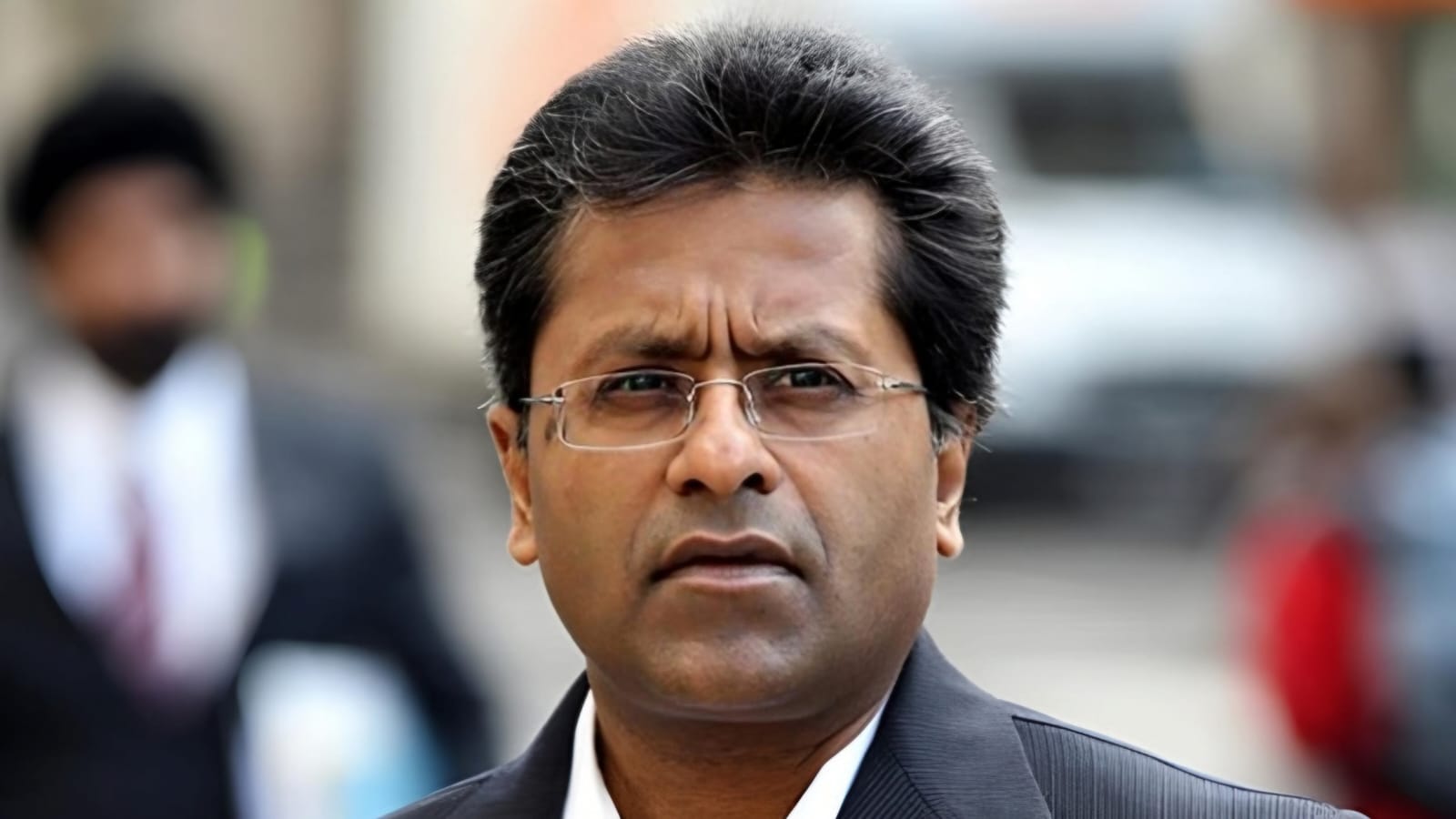
Here’s a step-by-step breakdown of the scandal:
1) IPL Franchises Allocation
2) Television Rights and Sponsorship Deals
3) Money Laundering
4) Betting and Match-Fixing
5) Removal from IPL and Aftermath
Defending the Game: Action Against Scripting
To curb match-fixing, the International Cricket Council (ICC) has implemented a range of measures, including the establishment of the Anti-Corruption Unit (ACU). The ACU collaborates with domestic leagues like the IPL, offering investigative support, player education, and monitoring.
In 2019, the ICC introduced a confidential helpline for players to report any illicit approaches or information related to match-fixing.
In above case of 2013 IPL spot fixing, The Board of Control for Cricket in India (BCCI) has banned players like Sreesanth and Chavan for life, sending a strong message against corruption.
The Business of IPL: The Hidden Reason for Scripting?
The Indian Premier League has experienced remarkable growth since its inception in 2008. In 2023, the IPL’s brand value surpassed a staggering $10 billion. This immense financial success has led some to speculate that scripting could be a way to manipulate results for increased viewership and ultimately, higher betting revenue.
As per the news of Prnewswire, The Indian Premier League (IPL) is one of the major online betting events in India today. It’s estimated that hundreds of millions of dollars of bets are placed on each cricket match.
However, fixing scandals can severely damage the IPL’s brand value and undermine fan trust, leading to lost revenues and negative publicity. This ultimately outweighs any potential short-term gains from manipulating matches.
Legal and Ethical Considerations
Match-fixing is a criminal offense in India, and the IPL has enforced strict penalties for those found guilty. The legal implications of scripting raise serious concerns about sportsmanship, fair play, and the ethical responsibilities of those involved in the game.
Scripting would fundamentally betray the trust of fans and tarnish the sport’s integrity, undermining the essence of competition and sportsmanship.
Technological Safeguards
The rise of technology has also played a significant role in preventing scripting. Advanced analytics and data monitoring systems are used to detect unusual betting patterns that could indicate match-fixing attempts.
Additionally, on-field officiating is constantly reviewed and improved to minimize the possibility of human error or bias.
Table : IPL viewership growth
| Year | IPL Viewership (in Millions) | Source |
|---|---|---|
| 2008 | 100 | Economic Times |
| 2012 | 162 | Wikipedia |
| 2016 | 297 | Economic Times |
| 2022 | 360 | Statista |
| 2023 | 500 | Business Today |
Bar Chart : IPL viewership growth
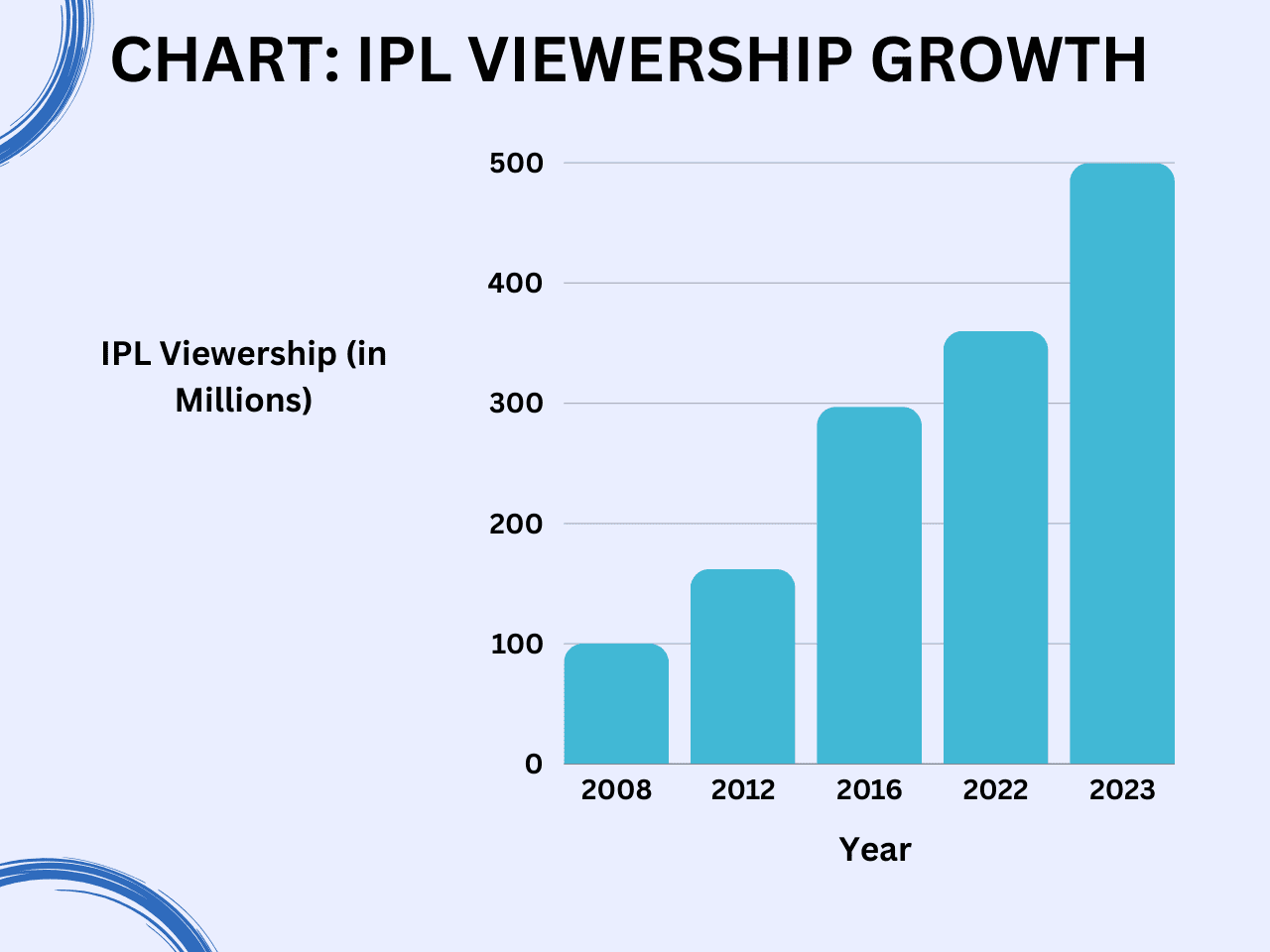
Expert Insights: Perspectives on the IPL’s Controversies
In a 2017 interview with The Guardian , Famous New Zealand player and current England cricket coach Brendon McCullum emphasized the importance of player education and integrity, encouraging cricketers to recognize and report any suspicious activities. Here is some excerpt of the interview:
Interviewer: What are your thoughts on the allegations of match-fixing and scripting in cricket, particularly in the IPL?
Brendon McCullum (Former New Zealand cricketer): It’s a concerning issue that needs to be addressed, and it’s crucial that players are educated and aware of the potential risks.
During my time in the IPL, I’ve encountered situations where I’ve been approached by individuals with ulterior motives, and I’ve always reported these incidents to the relevant authorities. I believe it’s important to maintain the integrity of the game and ensure that cricket remains a fair contest.
Interviewer: Have you seen any improvement in the efforts to combat corruption in cricket?
Brendon McCullum: Absolutely, I think the ICC and other governing bodies have taken significant steps to address this issue. The establishment of the Anti-Corruption Unit (ACU) has been instrumental in investigating incidents, educating players, and creating a safer environment for the sport.
However, there’s always more work to be done, and we need to continue raising awareness among players and fans alike.
Additional Expert Insights
Other notable cricket figures have also shared their views on corruption and match-fixing allegations:
Virat Kohli (India and Royal Challengers Bangalore): In a 2016 interview with INDIA TODAY, Kohli emphasized the importance of upholding cricket’s integrity, saying, “We cannot let such things prevail in our game. It’s a serious matter.”
Rahul Dravid (Former India cricketer): As a mentor for various IPL teams, Dravid has consistently advocated for stronger anti-corruption measures. In a 2016 interview with ESPNcricinfo, he expressed concern over the influence of betting and gambling on cricket, calling for greater transparency and vigilance.
Fan Engagement, Media, and the Scripting Narrative
Above mentioned and other matches continue to be the subject of fan discussion and speculation on social media platforms and fan forums. While many fans enjoy the thrill and unpredictability of such contests, others express skepticism and question whether such matches are truly representative of fair competition.
When a girl asked “Why people think IPL is Fixed?” She got interesting replies on X(Formerly Twitter)
As long as the IPL continues to deliver dramatic and unexpected results, suspicions about scripting will likely persist, with both fans and media continuing to debate the issue.
Strong Reasons Why IPL Is Not Scripted
The IPL’s nail-biting finishes, where the outcome hinges on a single shot, can certainly spark rumors of pre-determined results. However, there are strong reasons why scripting the IPL is highly improbable:
- Logistical Labyrinth: Scripting every match result would be a logistical nightmare. Imagine coordinating players, umpires, broadcasters, and countless others across different teams and locations – all without a single leak spoiling the elaborate scheme. The sheer number of people involved makes scripting practically impossible.
- Player Power: Cricketers are fiercely competitive athletes who dedicate their lives to honing their skills. Their careers and reputations depend on genuine performances. The idea of them willingly throwing a game for a pre-determined script is simply unrealistic.
- Technological Scrutiny: Advanced data analysis and anti-corruption measures are constantly evolving. Unusual betting patterns or inconsistencies in player performance can be quickly identified, making scripting a risky proposition with potentially severe consequences.
The IPL’s true magic lies in the unpredictable nature of the sport. Years of training, quick thinking under pressure, and a healthy dose of luck all contribute to those heart-stopping final moments that keep fans glued to their seats.
Test Your IPL Scripting Knowledge!
Take this quick quiz to see how much you know about the IPL scripting debate.
- Which of the following is NOT a common argument used by supporters of the scripting theory?
- A. The close and unpredictable nature of IPL matches is suspicious.
- B. The immense financial success of the IPL tempts manipulation.
- C. Advanced data analytics make scripting nearly impossible.
- D. Strict penalties deter players from match-fixing.
- What is the name of the International Cricket Council’s anti-corruption unit?
- A. The Fair Play Commission
- B. The Anti-Corruption Unit (ACU)
- C. The Umpire Review System (DRS)
- D. The Spirit of Cricket Committee
- What was the outcome of the 2013 IPL spot-fixing scandal?
- A. No action was taken.
- B. Increased security measures were implemented.
- C. Several players received bans from cricket.
- D. The IPL was suspended for a season.
Check your answers below!
Answer Key: 1 (C) 2 (B) and C (C)
Conclusion
While allegations of scripting in the IPL persist, the evidence remains inconclusive. The league’s financial interests and entertainment focus could create an incentive for manipulation. However, the logistical challenges, ethical implications, and potential legal ramifications make scripting highly improbable.
Ultimately, the onus lies on the IPL, players, and fans to remain vigilant against corruption. The IPL must prioritize transparency and continue to invest in anti-corruption measures.
Players have a responsibility to report any suspicious activity. Fans, while enjoying the drama, should also be critical consumers of information. By working together, they can ensure that the spirit of fair competition remains at the heart of the IPL.
James Paul is a former first-class cricketer and passionate cricket analyst. His decades of experience on the field and his love for the game shape his insights into the strategies and personalities that define world-class cricket.
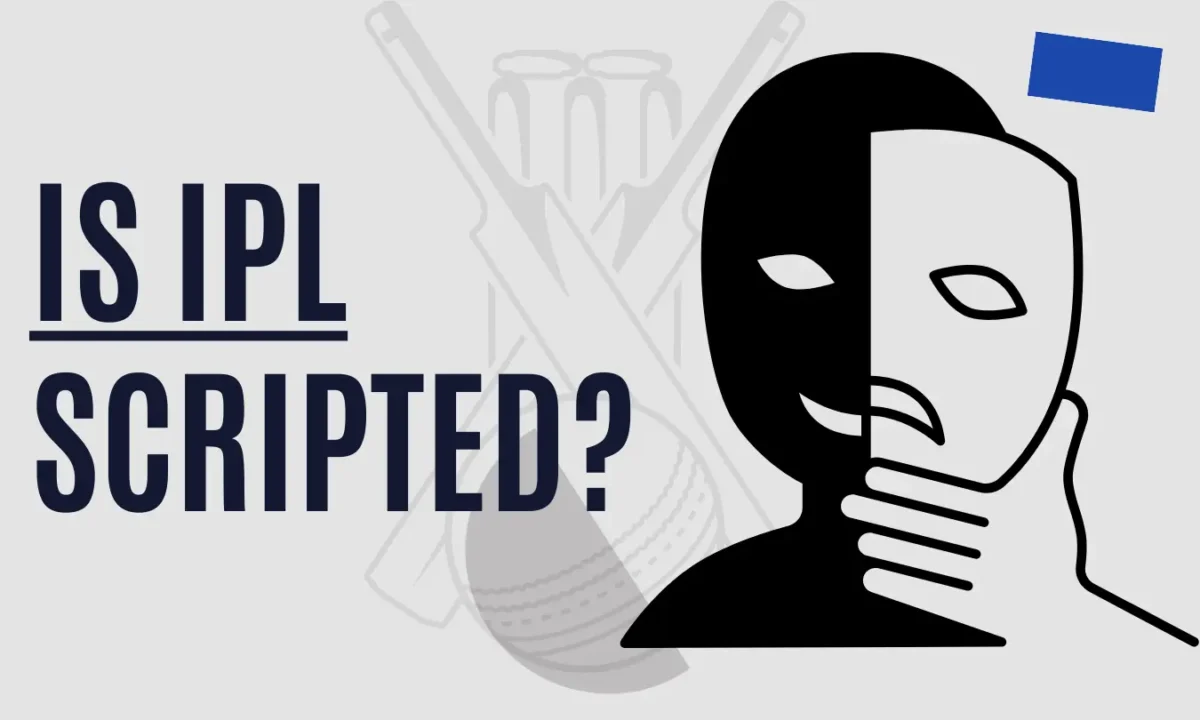
I just like the helpful information you provide in your articles